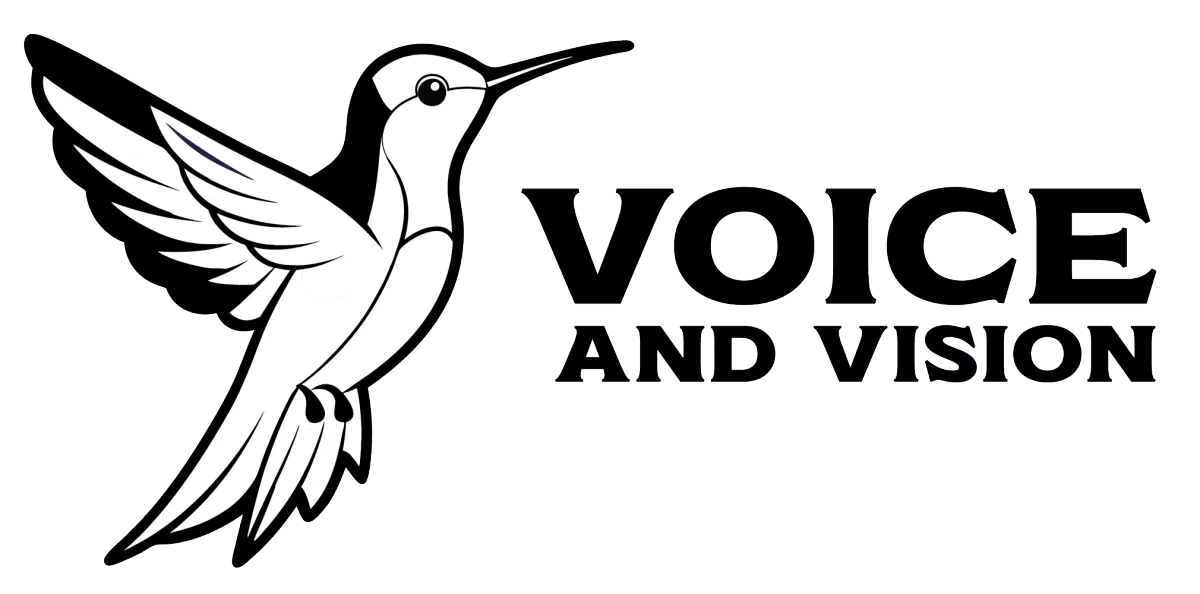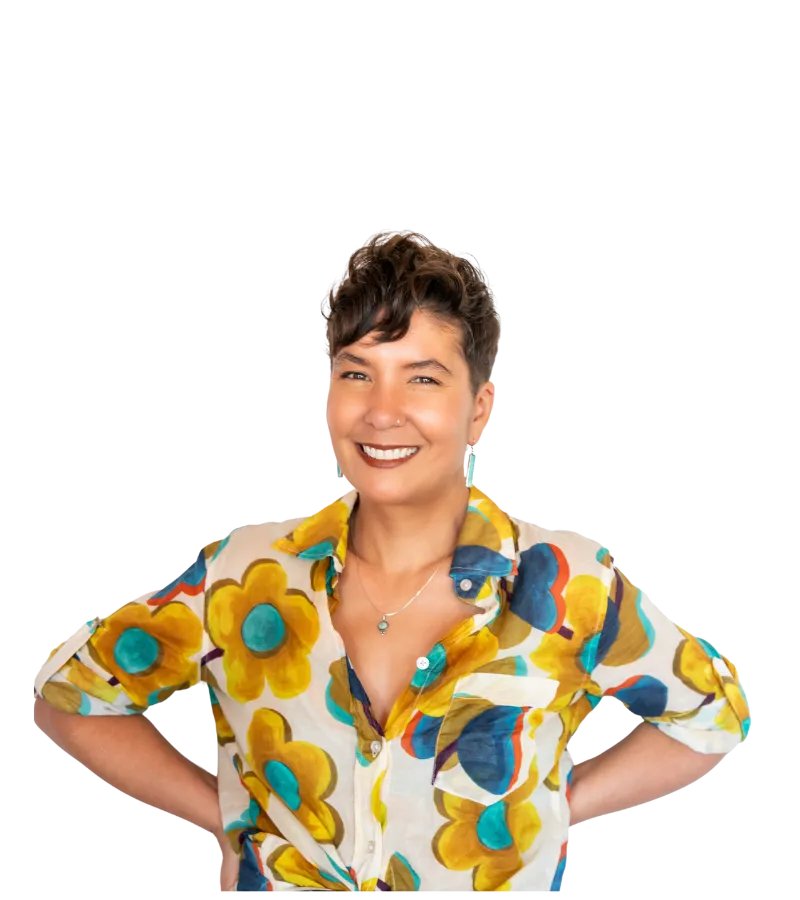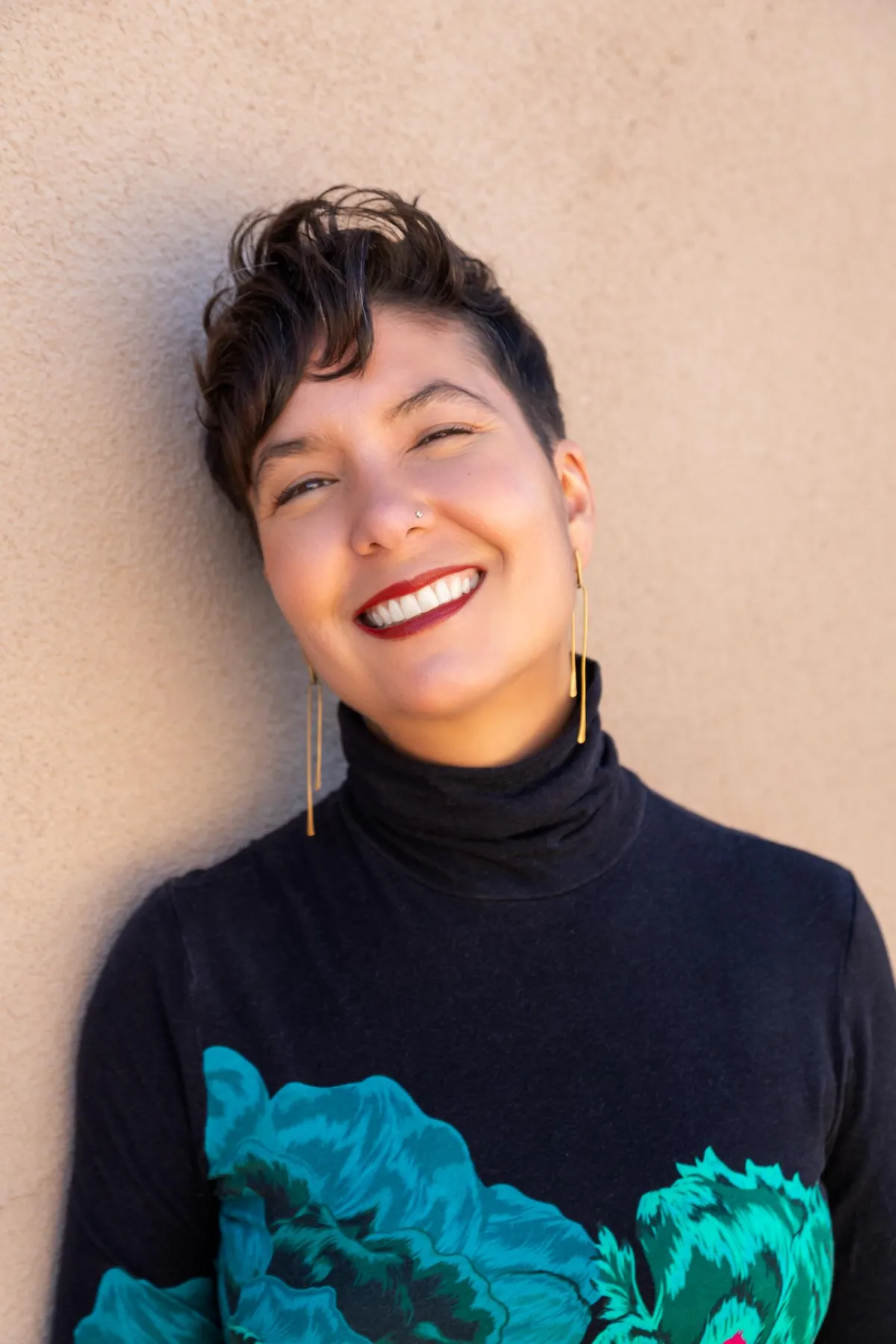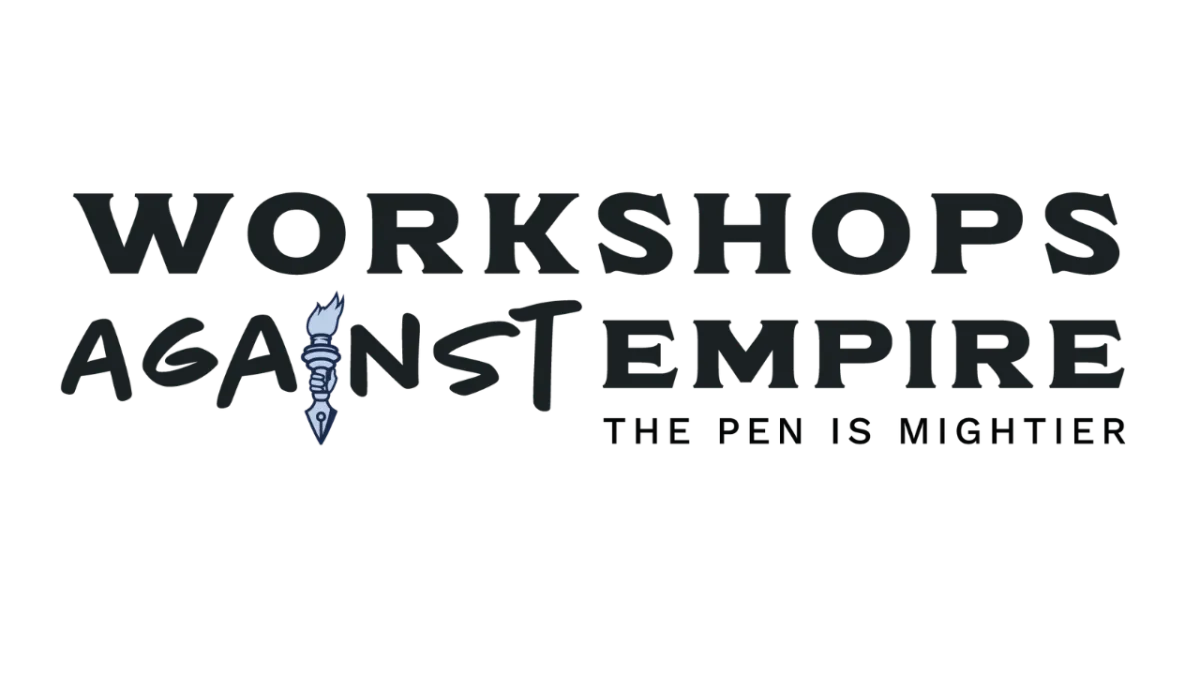
With publishing pros, a great story will get your foot in the door.
Voice and vision will get you published.
WHAT WE DO
Tell your story.
Change the world.
Workshops Against Empire is the ONLY program that combines a complete framework for writing a publishable novel with a focus on the social impact of your story.
That’s right. An alternative MFA in Writing program with social justice at its core.
WHAT WE DO
Tell your story.
Change the world.
Workshops Against Empire is the ONLY program that combines a complete framework for writing a publishable novel with a focus on the social impact of your story.
That’s right.
An alternative MFA in Writing program with social justice at its core.

The third course of the Workshops Against Empire alternative MFA program
—now available in a self-paced format for just $97!
Agents and editors will tell you it's the #1 thing that gets their attention in a submission: a compelling voice and a clear point of view (POV).
Spend some time working your way through the slush pile for a journal or contest, and you'll find it too—that special something that sets certain submissions apart from the rest, often from the very first lines.
It's the sense of actually inhabiting the mind of another, and the world as they see it.
It's the sense of a fictional vision, fully realized.
In this self-paced course, I'll help you tune in the unique voice of your novel, and help you ensure that your readers find your POV characters just as compelling as you do. With techniques borrowed from the emerging body of neuroscience associated with fiction, as well as from some of the best prose stylists working today, this class will help you make a quantum leap forward with your craft.
You'll emerge with a novel that feels inexplicably real and alive, in a way your readers probably won't be able to explain—but won't be able to put down.
Covered in This Course
Section One: Close POV
Whether you're writing in first person or third, a close POV creates a strong sense of intimacy between the reader and the character, a sort of Vulcan mind meld wherein their thoughts are our thoughts, their feelings, our feelings.
Topics covered in section one of this course include:
Why a close POV is so powerful
The most common ways that writers slip out of a close POV, and lose their readers
Interiority and how to use it
The most effective way to convey emotion, in a way your reader can actually feel
How to make use of narrative distance within a close POV, adding layers of complexity and nuance to your story
Section Two: Filter and Aesthetics
In fiction, the character's POV is the filter through which we see the world of the story—and to quote Anaïs Nin, "We don't see the world as it is, but as we are."
Topics covered in section two of this course include:
How to describe scene and setting in a way that will feel just as important and vital to your reader as the story's action and dialogue
How to create a consistent mood and compelling aesthetics via what you choose to describe and how you choose to describe it
Filter: How to reveal character and backstory in the way your characters see and describe the world
Diction: How to reveal character and backstory via your your characters' word choices
Section Three: Agency, Idiosyncrasy, and Attitude
Prose that feels alive on the page doesn't necessarily just flow out of the author's mind in that form—it's carefully crafted in revision, using a few simple but powerful techniques.
Topics covered in section three of this course include:
How to identify what it is that makes your style unique (and how to consciously shift your style depending on the story)
Why strong verbs and specific nouns are so important in fiction
How to immediately increase the clarity and appeal of your prose via "attitude"
Best practices for figurative language (metaphors and similes)
Section Four: Professional-Strength Prose
Professional-strength prose is prose that has been cooked down and refined into its most potent, vivid form.
In this final section of the course, we'll cover:
Power sentences: how to generate them and how to use them
How to spot and eliminate hidden redundancies and "weasel words"
The importance of strong endings—paragraphs, sections, and chapters
How (and why) to make sure you're using words precisely
How to command your reader's attention at the level of the line
Frequently asked Questions
Who is this course for?
This course is a course for fiction writers at all levels, working on either a novel or short stories.
That said, you should have a grounding in the basics of point of view (POV) before registering for this course (see the answers to the next question).
Who is this course NOT for?
Are you looking for help on your story as a whole?
This course is not for you.
Are you sure that yours is the voice of a generation, and are therefore unwilling to engage in substantial revisions at the level of the line?
This course is not for you.
Are the terms first person, second person, and third person unfamiliar to you?
If so, I'd suggest getting more of a grounding in the basics of POV before registering for this course.
Are you a fierce defender of the virtues of "head-hopping"?
This course is not for you. (You do you, though!)
What level of experience is required?
This course is appropriate for writers at all levels.
Are you just starting out with fiction?
If you understand the difference between first person, second person, and third person, this course will help you seriously level up with your command of POV.
This course will also give you an excellent foundation in what makes for a strong prose style, and practical tools for refining your writing in revision.
Are you an intermediate or advanced fiction writer, looking to break through with your first published book?
This course will show you what it takes to stand out to a publishing pro from the first page of your manuscript, and what it takes to distinguish yourself from all the of the other equally intriguing and basically competent fiction in their queue.
What is your framework based on?
The framework I teach in Voice and Vision is based, first and foremost, on my decade-plus experience as an editor and book coach.
This framework also draws from:
Steven Pinker's The Sense of Style: The Thinking Person's Guide to Writing in the 21st Century
The work of Lisa Cron, author of Wired for Story and Story Genius
Ursula K. Le Guin's Steering the Craft: Exercises and Discussions on Story Writing for the Lone Navigator or the Mutinous Crew
What's the time commitment?
The answer to this question will be different for everyone, depending on what stage they're at with their work.
That said, you can plan on around 3-6 hours a week for this course.
Can I download the lectures in Voice and Vision for offline viewing?
Yes, the lectures, videos, and assignments are fully downloadable.
Is Voice and Vision part of a larger curriculum?
Yes! Voice and Vision is one of the five core courses at the heart of my year-long alternative MFA program, Workshops Against Empire.
About Your Instructor

An American with roots in the Caribbean and upper Midwest, Susan DeFreitas is the author of the novel Hot Season, which won a Gold IPPY Award, and the editor of Dispatches from Anarres: Tales in Tribute to Ursula K. Le Guin, and the creator of Workshops Against Empire—the alternative MFA program for writers who want to change the world. Her work has been featured in the Writer’s Chronicle, LitHub, Story, Story Quarterly, Lady Churchill’s Rosebud Wristlet, Daily Science Fiction, and elsewhere.
An independent editor and book coach, she lives in Santa Fe, New Mexico.
You can learn more on her personal website,
Praise for "Voice and Vision"
"This class is shaking me up in such a good way! I'm thinking so much harder and better about language and about the nuts and bolts of POV, which you've explained with such clarity. Seriously, everything you're telling us has me thinking so much more clearly about this story!"
- L. Porter
"Thank you so much, Susan. I've learned so, so much from this course"
- K. Saxby
"This was a great course! Not only has it been a huge help with my current project, I know I will use what I learned here in every story I write."
- A. Eberly
Ready to find your voice?
MENU
ON SOCIAL

